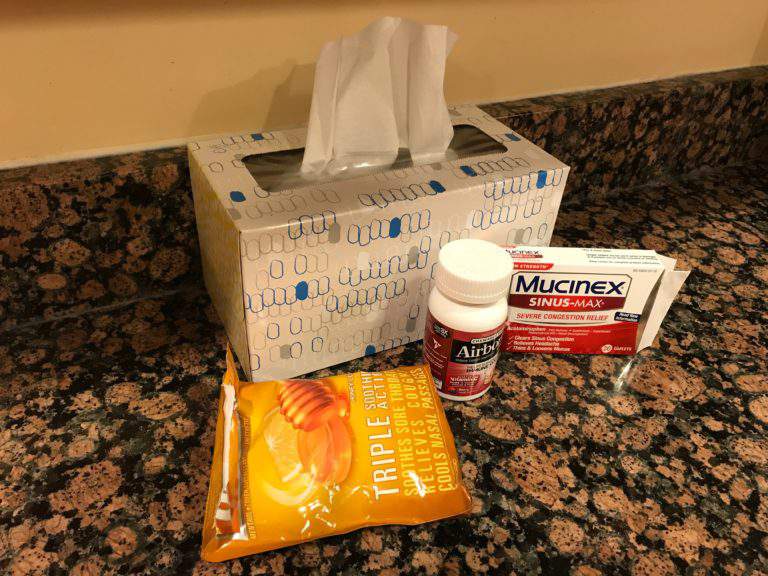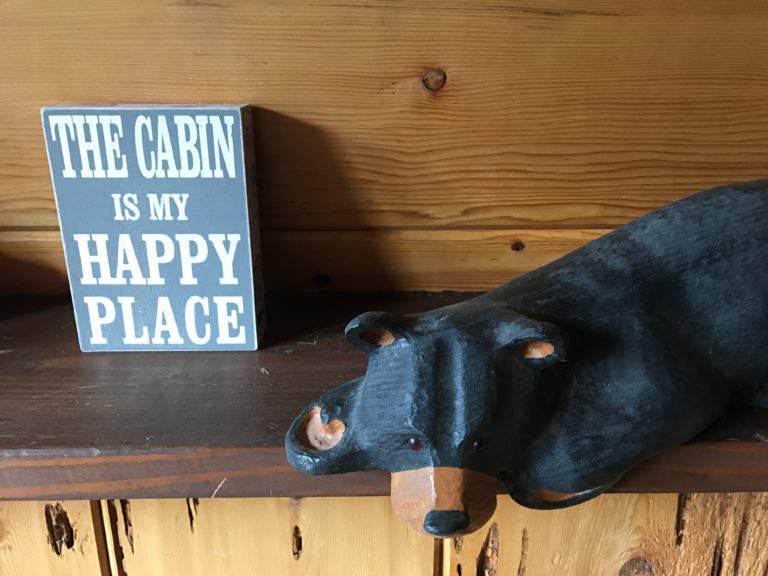Is it better to breath through your nose or your mouth?
If you’re like me, you don’t pay much attention to how you breathe…unless something is interfering with your breathing. As long as that life-sustaining oxygen is getting into your lungs, you’re happy.

But did you know there is a “right” way or at least a healthier way to breathe? And that is through your nose.
I must remind you I am not a doctor, and I do not have any medical training. However, every reliable source I checked confirmed that nose breathing is the way to go.
The health benefits of nose breathing
- Filtered air. Breathing through your nose stops much of the debris and toxins in the air from reaching your lungs. Mouth breathing sends that junk straight in.
- Temperature control. Breathing through your nose warms (and occasionally) cools the air before it reaches your lungs. Your mouth is not able to do that.
- Humidifier. Breathing through your nose also humidifies the air. Again, your mouth is not built to do this.
- Slowed, deepened respirations. Breathing through your nose also naturally slows down your breathing and strengthens the diaphragm, increasing your oxygen intake and slowing your heart rate.
Despite the known benefits of nose breathing, about 30-50 percent of the population breathes through their mouths much of the time. If you fall into that category, what can you do about it?
Exercises to encourage nose breathing
Abdominal breathing
- Sit up tall or lie down on a flat surface. Close your mouth. Place your hands at the base of your ribs.
- Inhale slowly through your nose to the count of five, sending your breath to your abdomen, feeling your ribcage expand. Your chest should remain still.
- Exhale slowly to the count of five.
- Repeat for 5-10 minutes.
Alternate nostril breathing
- Sit up tall with shoulders relaxed and mouth closed. Place your left hand in your lap or on your knee.
- Pinch your right nostril closed with your right thumb. Inhale through your left nostril and hold breath.
- Pinch your left nostril closed with your right index or ring finger and release your thumb. Exhale through your right nostril.
- Inhale through your right nostril and hold your breath.
- Return your right thumb to your right nostril, release your left nostril, and exhale.
- Repeat the series for five minutes.
Why not give it a try?
You may be thinking, “This is just one more thing I don’t need to worry about,” but training yourself to breathe through your nose is worth the effort, especially considering mouth breathing may make you more prone to asthma, allergies, dry mouth, bad breath, snoring, coughing, and anxiety. As an added benefit, performing these breathing exercises regularly can improve mindfulness and reduce stress.
Your turn
- Are you a mouth or nose breather?
- Do you regularly practice any breathing exercises? Have you noticed a difference since developing that habit?
- What else is on your mind? Anything at all; I just love hearing from you.
Sources
https://www.healthline.com/health/nose-breathing#bottom-line
https://health.clevelandclinic.org/breathe-mouth-nose/
https://www.melrobbins.com/podcasts/episode-95
Image by Zigmars Berzins from Pixabay







I confess I love the nose breathing exercises in Yoga lessons especially when you consciously direct air to lower, middle and upper parts of your lungs. Who would think there could be a benefit in practising something that comes naturally to everyone, or that you can be quite bad at doing something you’ve literally done every minute since you were born?
I agree Caree. I like the breathing exercises in yoga and guided meditation too. It is amazing that our body just breathes without us having to think about it, but also nice that we can tap into our breath and gain further benefits.
Hi Christie – I’m a nose breather (thank goodness). Coming from a dental background I can tell you that mouth breathers end up with a lot more dental and gum issues later in life because mouth breathing dries the mouth out so much. I didn’t realize you could train yourself out of it – definitely worth it for those who have a working nose but forget to use it 🙂
Hello Leanne. I am a nose breather most of the time, but since I read up on this topic, I have noticed I occasionally revert to mouth breathing. It’s good to hear a dental take on the subject as well. Thanks for sharing that.
Hi Christie, great post and I think I’m a nose breather. I do yoga and pilates every morning and nose breathing exercises are a regular part of this practice. In yoga it’s called nadi shodhana pranayama. It’s a focused practice of breathing through alternate nostrils, one side at a time. It’s amazing how much better you can feel after doing it! I do like it with pilates also where we breathe in deep through the nose and then exhale with a sigh through the mouth. Breathing practices can make such a difference!
I also do yoga, Min, and have found that the breathing practices are particularly useful, in the moment and also throughout my day. When I first was introduced to the alternate nostril breathing, I thought it sounded strange, but after giving it a try, I was amazed at the positive effect it had.
I’m now a nose breather, but I haven’t always been. When diagnosed with sleep apnea, I discovered quite how much I breathed through my mouth. In order to use a CPAP machine (continuous pressure of air – not oxygen – to keep my airway open) I had to learn to keep my mouth shut, or I would gulp in loads of air which was uncomfortable to say the least. Pilates taught me how to focus on my breathing, and to do it correctly.
And yes, having a cold is downright challenging, as I have to sleep sat upright.
That is great that you were able to re-train your breathing habits. Yoga and meditation have really helped me focus on my breathing. You are the second person to mention pilates helping as well. If you listen to the podcast referenced in my blog post, he describes an exercise to help ease nasal congestion. I haven’t yet tried it with a cold, but I occasionally get mildly congested in the evening for no apparent reason, and it worked for that.
Are you a mouth or nose breather? I breathe through my nose unless I’m really winded from exercise.
Do you regularly practice any breathing exercises? Have you noticed a difference since developing that habit? I do a yoga brain balancing asana/exercise that forces you to focus on alternate nostril breathing. It is helpful to me in stressful situations to remember that I can do it.
Like you, I resort to mouth breathing when I’m doing intense physical activity. As an experiment, I tried breathing through my nose during my last workout…that didn’t last too long, but it was interesting just being intentional about my breath. I also find alternate nostril breathing helpful in alleviating stress. It’s amazing what a little mindful breathing can do.
I think I’m usually a nose breather, although sometimes at night I may breath through my mouth. I think when most people fall asleep their mouth opens slightly. (I’ve noticed this on Mark and my grandkids.) It’s funny though, some of my workouts say breath in the through your nose, and out through your mouth-loudly. The instructor said it helps pull your abs in?? Not sure if that’s true.
You are correct, Cindy, that many people sleep with their mouths open. In fact, they make a tape especially for keeping your lips closed. They talk about it in the podcast referenced in this blog post. I don’t know if I’d like that. I have a hard time sleeping if anything but my pillow is touching my face. I have also done some workouts, including yoga, where they instruct you to breath in through your nose and sigh out through your mouth. I go along with what they say. Also, if I’m doing an intense workout, I find I need to breathe with my mouth.
I am a nose breather mostly and hate it when I can’t! I have learned a lot about breathing via meditation and mindfulness and can use it to calm myself…mostly!
It was great to see your blog post this week at Denyse’s Words and Pics for #WWandPics. Thank you for being part of the community. Warm wishes and appreciation from Denyse.
I agree, Denyse. Meditation is wonderful for becoming more aware of your breathing and controlling it in stressful situations.
I had to stop and check Christie, to discover that I’m a nose breather! A very interesting post thanks 🙂
Good for you, Debbie. I’ve found that I breathe through my nose most often, but every once in awhile I realize I’m breathing through my mouth, and I’m not sure why. At least now I catch myself and correct it.